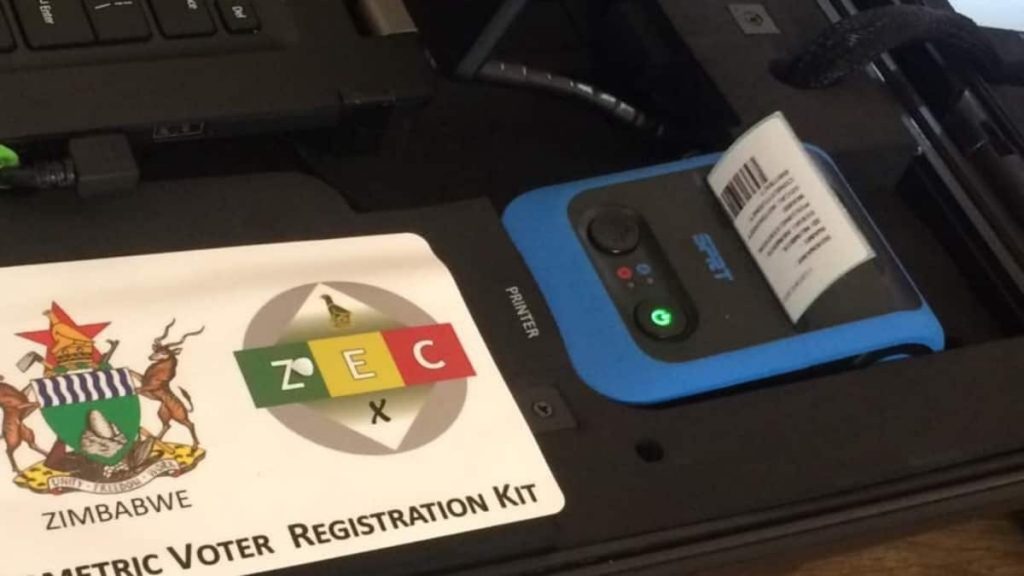
By Nyasha Dube, Zvishavane
Zimbabwe Electoral Commission (ZEC) mobile biometric voter registration blitz extension has been hailed for allowing more time to register women voters.
The mobile BVR exercise was extended up to the 26th of March 2023.
This move has been welcomed by women’s rights lobby groups as a vital step towards promoting gender equality and ensuring that women’s voices are heard in the democratic process.
In an interview, Women’s Coalition of Zimbabwe Gweru chapter chairperson Nozipho Rutsate urged Zvishavane women to take advantage of the extension and register to vote in numbers.
She emphasized on the importance of women’s active participation in electoral processes.
“We have been lobbying for the electoral commission to allow people more time to register to vote as most were hindered by various factors such as lack of documentation that why ZEC partnered with the civil registry. As more women have access to register to vote, the extension ensures that no one is left behind. Women should meaningfully participate in electoral processes, ” she said.
Rutsate also highlighted the importance of women taking up leadership positions and encouraged those working in mining spaces to take advantage of the extension.
Women’s inclusion in electoral processes is of significant importance as they make up half of the population and their ability to participate in the democratic process is crucial in ensuring that policies and decisions reflect the needs and concerns of the entire population.
However, women are often marginalized and underrepresented in political processes, and barriers to voting can prevent them from having their voices heard.
The mobile voter registration extension by ZEC is a significant step as it provides women with more time and flexibility to register to vote, especially in rural and remote areas that may not have easy access to voter registration centers.
Moreover, by specifically targeting women voters, the ZEC is acknowledging the challenges that women face in participating in the democratic process. Women may face additional barriers to voting, such as lack of education, cultural barriers, and family care responsibilities.
By providing targeted accommodations, such as the extension of working hours, the ZEC is helping to break down these barriers and make it easier for women to participate in the democratic process.